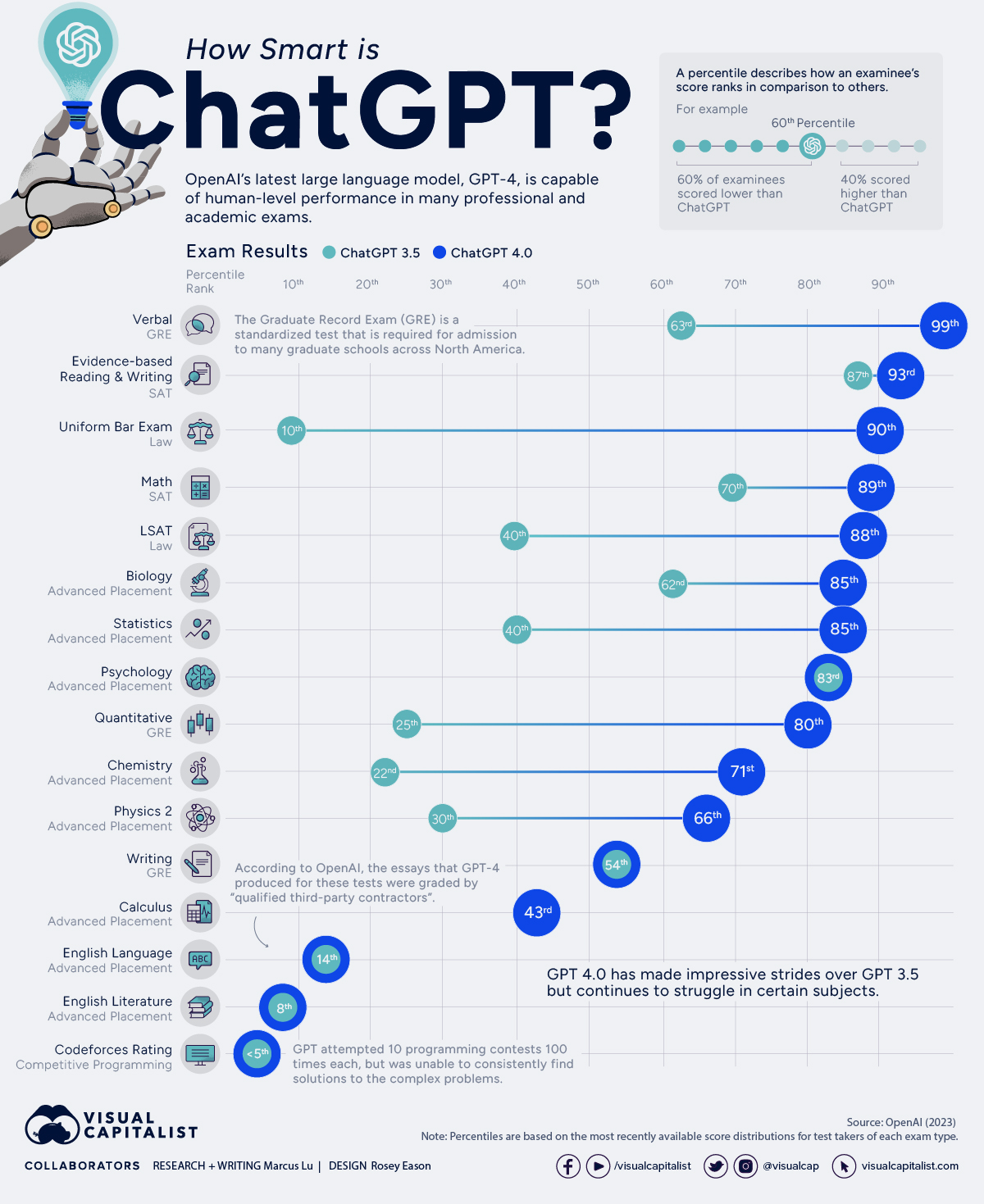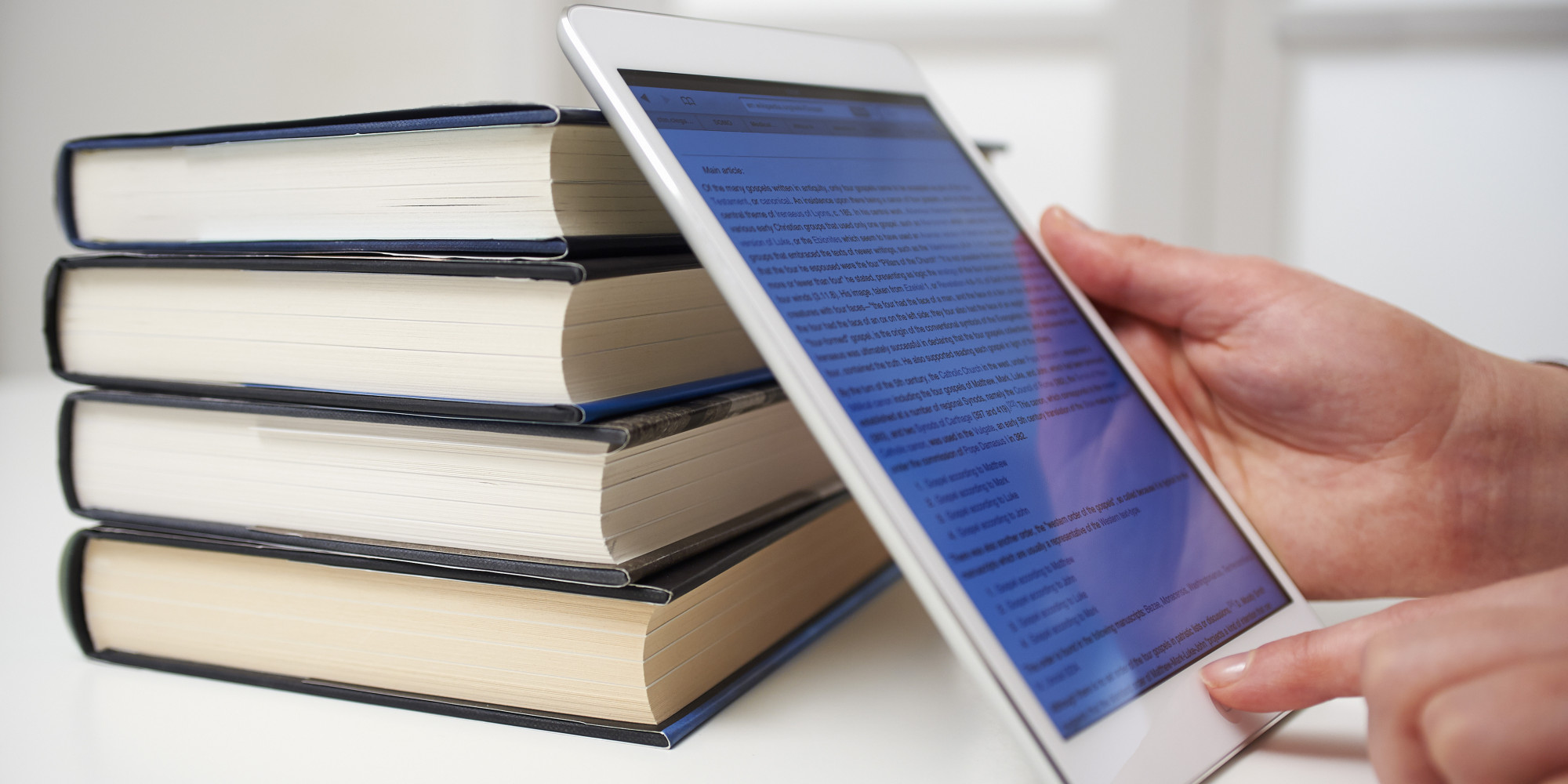The Impact Of ChatGPT On Traditional Publishing: Authors, Editors, And Readers
Executive Summary

The advent of ChatGPT, a large language model developed by OpenAI, has sparked significant discussions about its potential impact on the traditional publishing industry. This article examines the multifaceted effects of ChatGPT on authors, editors, and readers, exploring the opportunities and challenges it presents.

Introduction
ChatGPT, with its ability to generate human-like text and assist with various writing tasks, has emerged as a transformative tool for the publishing landscape. It offers potential benefits for authors, editors, and readers alike, but also raises concerns about the future of traditional publishing practices. This article delves into the various implications of ChatGPT on the industry.
FAQs
1. What is ChatGPT?
ChatGPT is a large language model developed by OpenAI, designed to understand and generate human-like text. It can perform various writing tasks, including story generation, article writing, and code creation.
2. How does ChatGPT impact authors?
ChatGPT can assist authors with brainstorming ideas, generating content, and editing drafts. It can also help them explore different writing styles and improve their writing skills. However, it raises concerns about plagiarism and the potential devaluation of authors’ unique voices.
3. What are the implications for editors?
ChatGPT can assist editors with fact-checking, identifying potential plagiarism, and suggesting improvements to manuscripts. It can also automate certain editorial tasks, freeing up editors to focus on higher-level responsibilities.
Top 5 Subtopics
1. Content Generation
- Automating Content Creation: ChatGPT can generate high-quality content, freeing up authors to focus on strategic writing and creative endeavors.
- Expanding Writing Possibilities: It enables authors to explore different writing styles, experiment with new formats, and break out of creative ruts.
- Improving Writing Efficiency: Authors can save time by using ChatGPT for tasks like generating outlines, drafting paragraphs, and checking grammar.
- Enhancing Content Quality: ChatGPT can identify errors and suggest improvements, enhancing the overall quality of written work.
2. Editorial Support
- Streamlining Editorial Processes: ChatGPT can automate tasks such as fact-checking, plagiarism detection, and stylistic consistency checks, improving editorial efficiency.
- Enhancing Editorial Quality: It can suggest improvements to sentence structure, clarity, and flow, resulting in more polished manuscripts.
- Providing Contextualized Feedback: ChatGPT can provide tailored feedback specific to the context of a manuscript, helping authors target areas for improvement.
- Augmenting Editor Expertise: Editors can leverage ChatGPT’s knowledge base to gain insights and stay up-to-date on industry trends.
3. Reader Engagement
- Personalized Content Recommendations: ChatGPT can analyze reader preferences and suggest tailored content recommendations, enhancing user engagement.
- Interactive Storytelling: It can enable readers to engage with stories in a dynamic way, influencing the plot and character development.
- Facilitating Reader Discussions: ChatGPT can foster online discussions and facilitate deeper analysis of published works.
- Enhancing Accessibility: It can translate content into multiple languages and provide summaries for complex or technical texts, improving access for diverse readerships.
4. Industry Disruption
- Challenging Traditional Publishing Models: ChatGPT’s ability to generate content raises questions about the role of traditional publishers and the need for gatekeepers.
- Redefining Author-Publisher Relationships: The blurring of lines between author and editor can impact contracts, royalties, and the nature of collaboration.
- Emergence of New Publishing Platforms: ChatGPT-powered platforms can emerge, offering alternative routes to publication and distribution.
- Ethical Considerations: Concerns arise regarding plagiarism, copyright infringement, and the potential for ChatGPT-generated content to flood the market.
5. Future Prospects
- Integration into Publishing Workflows: ChatGPT is expected to become an integral part of the publishing process, streamlining workflows and expanding creative possibilities.
- Collaboration between AI and Humans: The most successful outcomes will likely result from collaboration between ChatGPT and human writers, editors, and publishers.
- Continuous Evolution: ChatGPT and similar AI models will continue to evolve, presenting both opportunities and challenges for the publishing industry.
- Addressing Legal and Ethical Issues: Clear guidelines and regulations will be necessary to address concerns about plagiarism, copyright, and the responsible use of AI in publishing.
Conclusion
The impact of ChatGPT on traditional publishing is complex and multifaceted. While it offers significant potential for enhancing content generation, editorial support, and reader engagement, it raises concerns about content quality, industry disruption, and ethical considerations. The future of publishing lies in embracing the potential of ChatGPT while addressing its challenges and exploring the uncharted territories it opens up.
Relevant Keyword Tags
- ChatGPT
- Traditional Publishing
- Authors
- Editors
- Readers
- Content Generation
- Editorial Support
- Reader Engagement
- Industry Disruption
- Future Prospects

